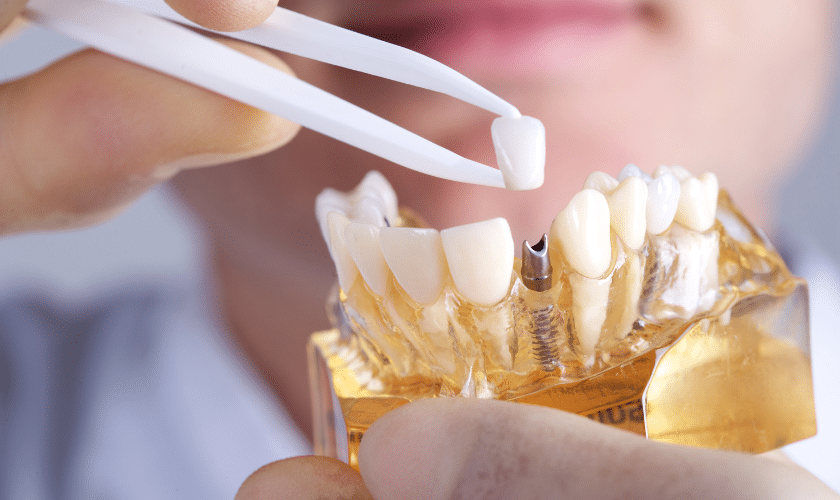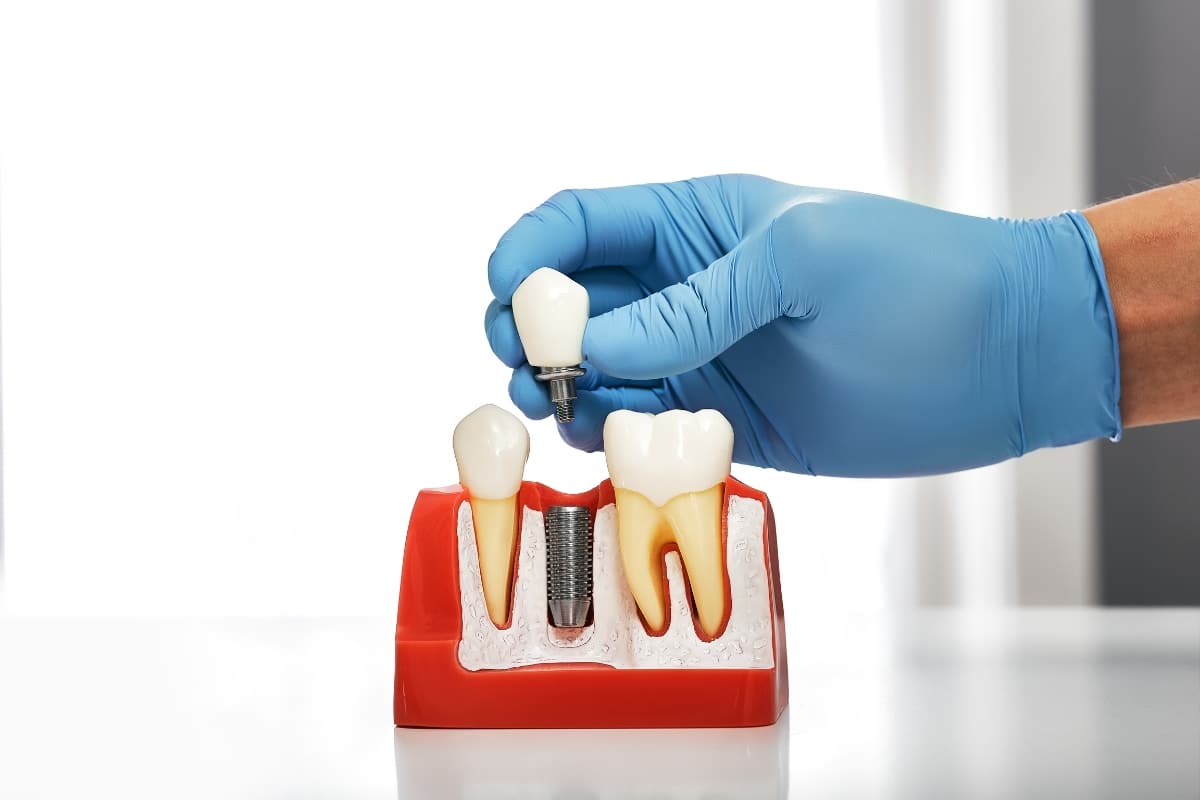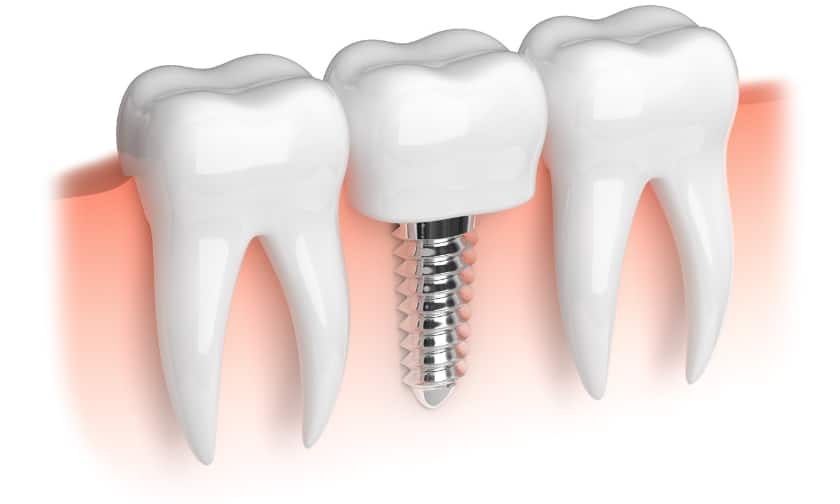
Psychological Impact of Tooth Loss and the Role of Dental Implants
The loss of natural teeth goes beyond a mere physical challenge, delving deep into the psychological well-being of an individual. More than just affecting oral health, tooth loss can trigger a decline in self-esteem, confidence, and overall life satisfaction. In recent times, dental implants have emerged as a transformative solution not just for restoring smiles but for addressing the profound emotional impact of tooth loss.
Understanding the Emotional Impact:
Self-Esteem and Social Assurance:
- The conspicuous gap left by tooth loss can lead to a diminished sense of self-esteem. Individuals often become self-conscious about their appearance, impacting their social interactions. Dental implants go beyond cosmetic enhancements, providing a renewed sense of confidence and the freedom to engage socially without fear of judgment.
Psychological Stress and Anxiety:
- Tooth loss becomes a source of psychological stress and anxiety, driven by concerns about appearance, speech impediments, and the fear of further dental issues. Dental implants act as stable anchors, alleviating anxiety associated with removable dentures and offering a sense of permanence and security.
The Transformative Role of Dental Implants:
Aesthetic Restoration and Natural Feel:
- Dental implants emulate the natural appearance and function of teeth, offering a seamless and aesthetically pleasing solution. The resemblance to natural teeth fosters a renewed sense of normalcy, positively influencing self-image.
Functional Benefits for Daily Life:
- Beyond aesthetics, dental implants restore full functionality to the mouth. This encompasses the ability to chew and speak comfortably, eliminating the limitations often experienced with removable dentures. Regaining these essential functions contributes to an improved quality of life and emotional well-being.
Advantages Beyond the Surface:
Prevention of Bone Loss:
- Dental implants stimulate the jawbone, preventing the typical bone loss that occurs after tooth extraction. This not only maintains facial structure but also contributes to long-term oral health. The prevention of bone loss can positively impact an individual’s perception of overall well-being.
Long-Term Investment in Self:
- Unlike traditional dentures, dental implants are a durable, long-term investment. Their permanence and durability instill a sense of stability, allowing individuals to focus on enjoying life without constant concerns about the maintenance or potential replacement of dental prosthetics.
Empowering Action: Rediscovering Confidence with Dental Implants
If you or someone you know is grappling with the emotional impact of tooth loss, consider exploring the transformative benefits of dental implants. Beyond just restoring your smile, these implants have the potential to empower you to rediscover your confidence, enhance your quality of life, and embrace a future free from the constraints imposed by tooth loss.
The psychological impact of tooth loss extends far beyond the physical realm, significantly affecting an individual’s self-esteem, social interactions, and overall quality of life. Dental implants play a crucial role in restoring not just the functionality of the mouth but also in alleviating the emotional and psychological burden. By closely replicating natural teeth in both form and function, implants offer patients a renewed sense of confidence and self-image. They enable individuals to speak, eat, and smile without hesitation, thereby improving their emotional well-being and enhancing their social connections.
Frequently Asked Questions (FAQs):
Q1: Are dental implants suitable for everyone?
A1: Dental implants are generally suitable for most individuals, but eligibility is determined through a comprehensive assessment by a dental professional. Factors such as overall health, bone density, and oral hygiene play a role in determining suitability.
Q2: How long do dental implants last?
A2: With proper care and maintenance, dental implants can last for many years, often a lifetime. Regular dental check-ups, good oral hygiene practices, and abstaining from habits like smoking can contribute to the longevity of dental implants.
Q3: Is the dental implant procedure painful?
A3: Dental implant procedures are typically conducted under local anesthesia, ensuring minimal discomfort during the process. Post-surgery, some mild soreness is normal, but pain is generally manageable with prescribed medications.
Q4: Are dental implants covered by insurance?
A4: Insurance coverage for dental implants varies. While some plans may cover a portion of the cost, it’s essential to check with your insurance provider to understand the extent of coverage. Dental offices often provide assistance in navigating insurance matters.
In conclusion, the emotional journey of tooth loss extends far beyond physical implications. Dental implants offer a holistic solution, addressing both the aesthetic and functional aspects of tooth loss. By considering this transformative option, individuals can not only regain their smiles but also experience a positive shift in their emotional well-being.





